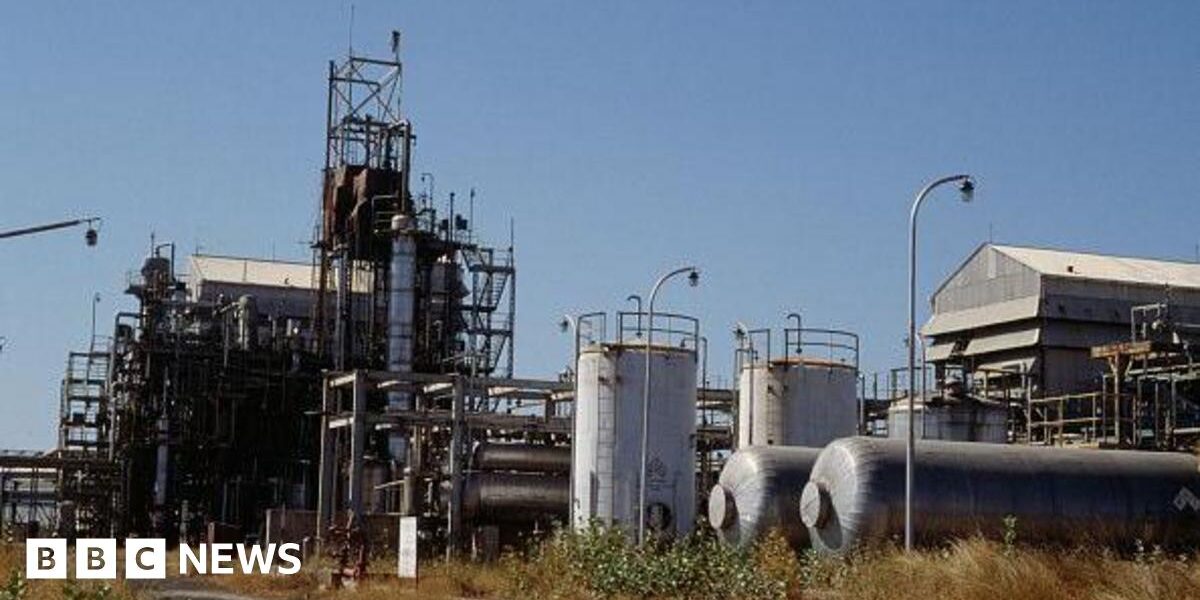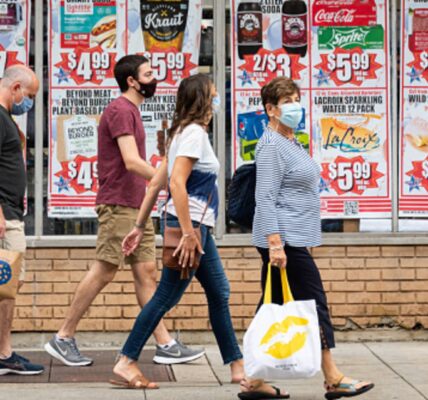A 2018 study by the Indian Institute of Toxicology Research revealed that high concentrations of metals and chemicals have contaminated groundwater across 42 residential areas near the factory.
After decades of inaction, the Madhya Pradesh state High Court on 3 December set a four-week deadline for authorities to dispose the toxic waste material from the site.
The court said that authorities were “still in a state of inertia despite 40 years”.
The process of moving the waste began on Sunday when officials started packing it in leak-proof bags. These bags were then loaded onto 12 sealed trucks on Wednesday.
Officials said the waste was transported under tight security.
There were police escorts, ambulances, fire brigades and a quick response team with the convoy of trucks carrying the waste, the Indian Express newspaper reported.
Swatantra Kumar Singh, the head of Bhopal gas tragedy relief and rehabilitation department, told the PTI news agency that initially, some of the waste would be burnt at the disposal unit in Pithampur and its residue examined for toxic remains.
He said that special arrangements have been made to ensure that fumes from the incinerator or the ash left after do not pollute the air and water.
However, activists and people living near the disposal site have been protesting against the move.
They said that a small amount of waste from the Carbide factory was destroyed at the plant on a trial basis in 2015, the Hindustan Times newspaper reported.
It ended up polluting the soil, underground water as well as fresh water bodies in the nearby villages, they said.
But Mr Singh has denied these claims.
He said that incineration of toxic waste would not have “any adverse impact” on nearby villages.
Over the years, officials have made several attempts to dispose the waste from the Bhopal factory but dropped their plans after facing resistance from activists.
In 2015, India’s pollution control board said that the toxic waste would be incinerated in Gujarat but the plan was dropped after protests.
The board later identified sites in Hyderabad and Maharashtra states as well, but faced similar resistance.
The Bhopal gas tragedy is the one of the world’s largest industrial disasters.
According to government estimates, around 3,500 people died within days of the gas leak and more than 15,000 in the years since.
But activists say that the death toll is much higher. Victims continue to suffer from the side-effects of being poisoned even today.
In 2010, an Indian court convicted seven former managers at the plant, handing down minor fines and brief prison sentences. But many victims and campaigners say that justice has still not been served, given the magnitude of the tragedy.
Union Carbide was a US company which Dow Chemicals bought in 1999.





